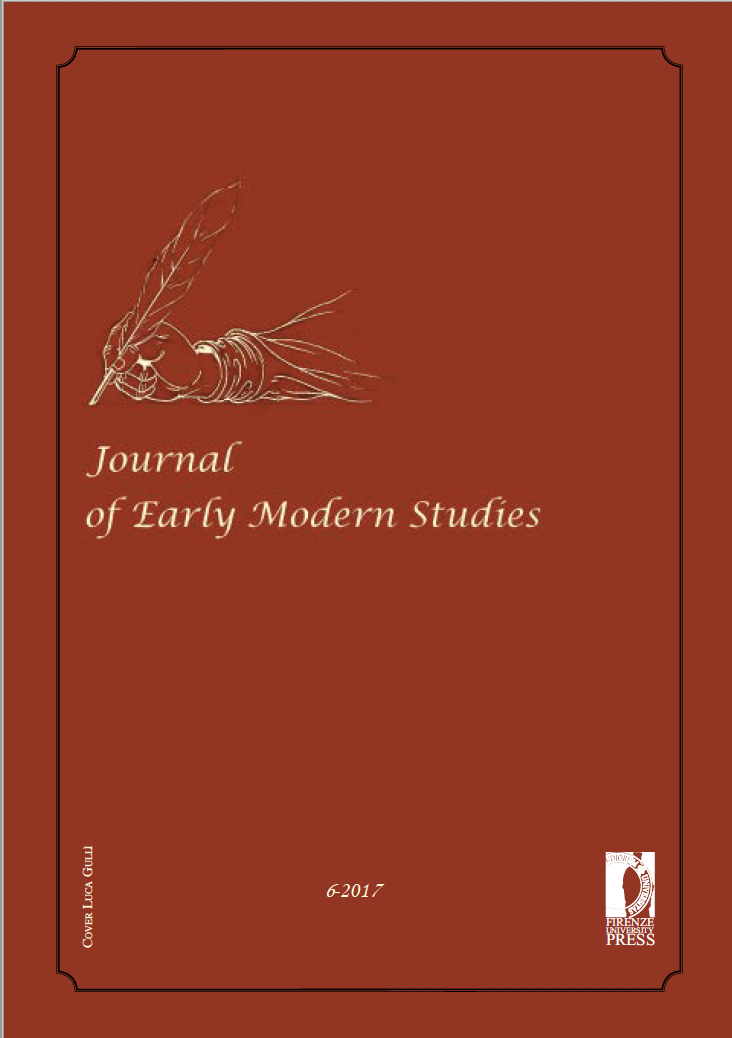Abstract
The article investigates the moralist author and bluestocking Catherine Talbot’s (1721-1770) system of time management and self-discipline through her manuscript journals. Her writings paint a picture of a woman who, by monitoring her daily activities by the minute, aimed at making the most of her time in a very concrete way. More specifically, Talbot’s time management was an integral part of her regime of self-imposed discipline, aimed at moral and polite self-improvement and rational selfhood. Moreover, the article argues that Talbot’s quest for self-control can be seen as an attempt to formulate autonomous subjectivity within the framework of the culture of politeness and to gain pleasure through working on the self. Self-discipline could also be a means of acquiring freedom from normative gender roles in an environment where discipline was seen as a masculine prerogative.


